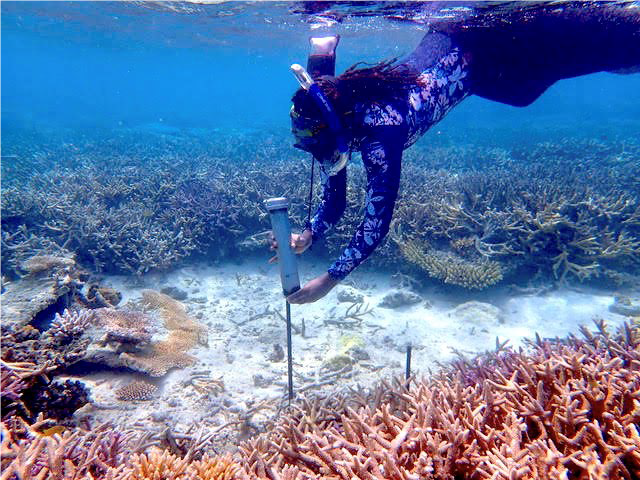
The National Cancer Institute’s NCI-60 drug screening panel, comprised of 60 diverse human cancer cell lines, has been a cornerstone in advancing cancer research and drug discovery since its inception in the late 1980s. Developed in response to the need for more predictive and comprehensive preclinical models, the NCI-60 facilitates the screening of thousands of compounds annually, aiming to identify potential anti-cancer drugs across a broad spectrum of human cancers. This article traces the origins, development, and evolution of the NCI-60 panel, highlighting its significant role in advancing our understanding of cancer and therapeutic agents.
Continue reading “Decades of Discovery: How the NCI-60 Revolutionized Cancer Drug Screening”
